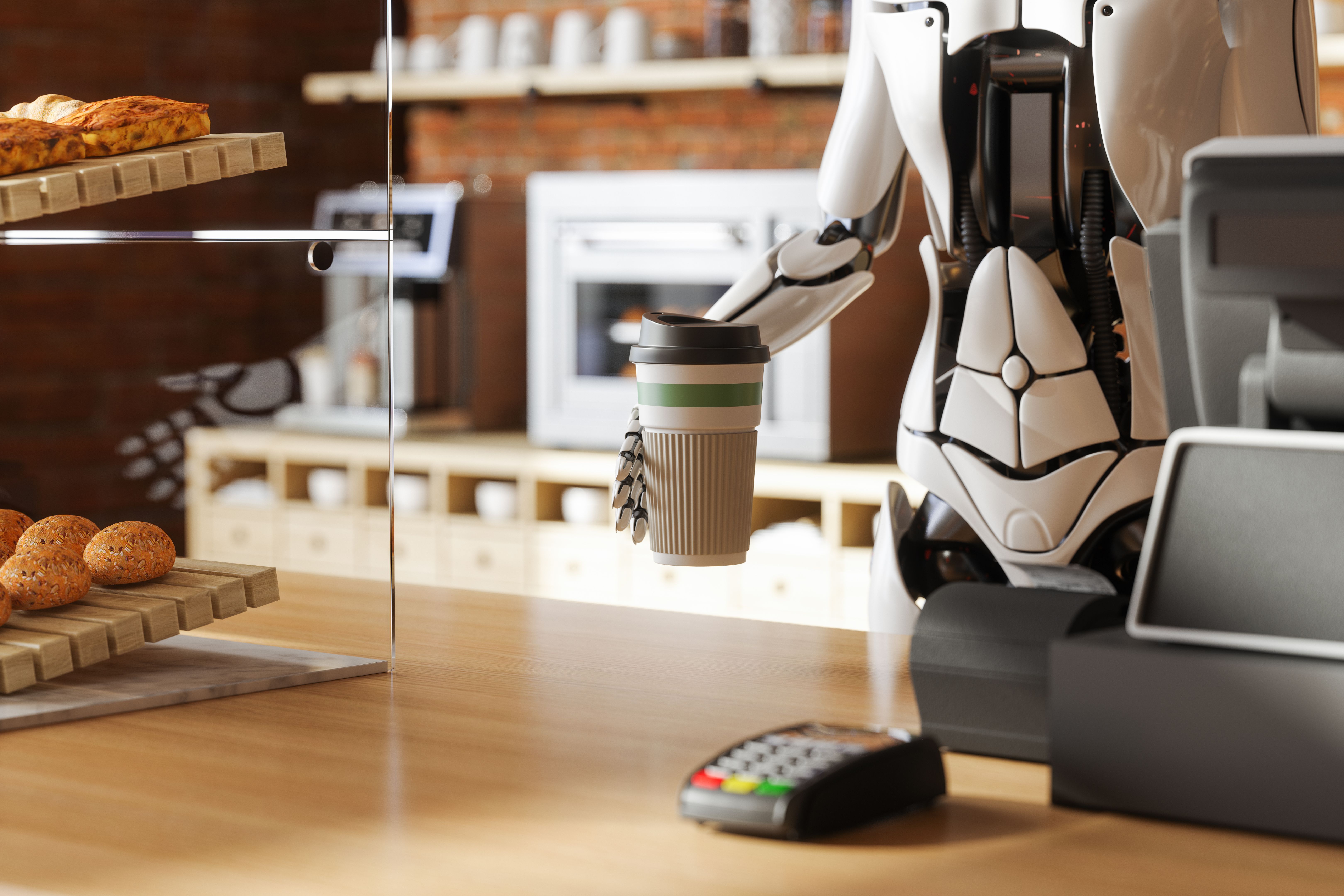The Future of Food: How Fintech, AI, and Technology Are Transforming the Industry
The Rise of Fintech in the Food Industry
The food industry is undergoing a significant transformation, thanks in part to the integration of fintech solutions. By leveraging financial technology, businesses within the sector are streamlining operations, enhancing customer experiences, and optimizing supply chain management. As cashless transactions become the norm, restaurants and food retailers are adopting fintech solutions to facilitate seamless and secure payment processes.
Moreover, fintech is empowering small and medium-sized enterprises (SMEs) within the food industry by providing easier access to funding. With innovative platforms offering microloans and flexible payment options, these businesses can invest in growth opportunities without the traditional financial barriers.

AI's Impact on Food Production and Distribution
Artificial Intelligence (AI) is playing a pivotal role in revolutionizing food production and distribution. With AI-powered tools, food producers can enhance their yield predictions, optimize resource allocation, and reduce waste. By analyzing vast amounts of data, AI helps farmers make informed decisions about planting schedules, irrigation needs, and pest control.
In distribution, AI-driven analytics enable companies to forecast demand more accurately, ensuring that products are available where and when they're needed. This not only reduces food waste but also enhances customer satisfaction by minimizing stockouts and overproduction.

Technological Innovations in Food Safety
Ensuring food safety is a critical concern for the industry, and technology is providing innovative solutions to this age-old challenge. Blockchain technology is being utilized to create transparent supply chains, allowing for real-time tracking of food products from farm to fork. This traceability helps identify potential contamination sources quickly and effectively.
Additionally, IoT (Internet of Things) devices are being deployed to monitor food storage conditions. Sensors can track temperature, humidity, and other factors to ensure that food remains safe during transportation and storage. These technologies not only protect consumers but also help businesses comply with stringent regulatory requirements.

The Role of Robotics in Food Service
Robotics is another area where technology is making waves in the food industry. Automated systems are being implemented in various stages of food service, from cooking to delivery. In restaurants, robotic chefs are capable of preparing meals with precision and consistency, while automated kiosks streamline the ordering process.
On the delivery side, drones and autonomous vehicles are being tested to transport meals directly to customers' doors. These innovations not only enhance efficiency but also address labor shortages in the industry.

Sustainability Through Technology
Technology is also driving sustainability efforts within the food industry. Vertical farming and hydroponics are becoming increasingly popular as they allow for year-round crop production with minimal water usage. These methods reduce the need for pesticides and fertilizers, making them environmentally friendly alternatives to traditional farming.
Furthermore, apps that connect consumers with surplus food from restaurants and grocery stores are helping to combat food waste. By making excess food available at reduced prices, these platforms ensure that edible items do not end up in landfills.
The Future Outlook
As we look to the future, the integration of fintech, AI, and other technologies promises even greater advancements in the food industry. From personalized nutrition plans powered by AI to augmented reality dining experiences, the possibilities are endless. These innovations will not only enhance operational efficiency but also improve consumer experiences and promote sustainability.
Embracing these technological advancements will be crucial for businesses seeking to remain competitive in a rapidly evolving landscape. As technology continues to evolve, so too will its impact on the way we produce, distribute, and consume food.
